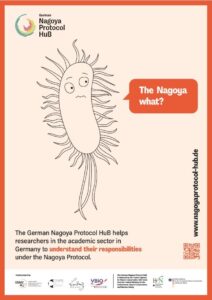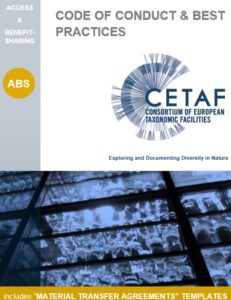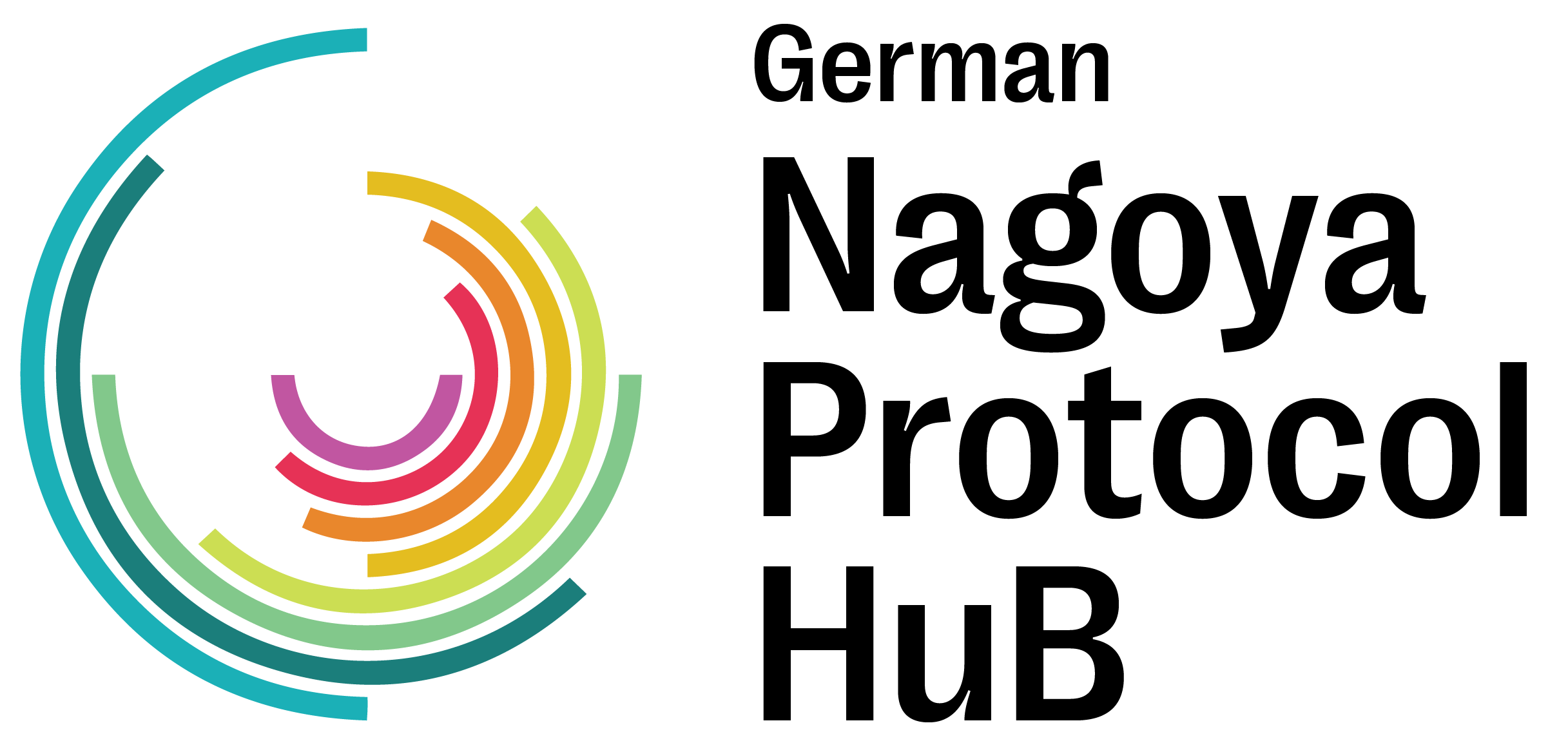2nd Meeting of the GNP HuB Network (2. GNP HuB Stammtisch)
Good document and sample management can support Nagoya Protocol compliance
On 3 December 2020, the German Nagoya Protocol HuB (GNP HuB) Network held its 2nd regular meeting or “Stammtisch”, bringing together around 40 participants from various academic institutions across Germany. Our focus was how document and sample management can support Nagoya Protocol compliance as well as the challenges faced by German institutions with implementing effective systems for this purpose.
What is GNP HuB up to?

We started with a short update on the GNP HuB project. It’s been a busy few months with work on the website coming along, answering questions from the network, developing communication materials, etc.
The participants got an exclusive sneak peak at the website and the new GNP HuB posters were unveiled.
Stay tuned for the GNP HuB poster challenge early 2021! If you want some posters for your institution, contact us.
It’s not just about discussing problems – there are possible solutions!
The discussion on document and sample management kicked off with three short impulse presentations.
Participants were given a short tour through the CETAF Code of Conduct and shown how this document can be used by both institutions and individuals to support ABS management.
Insight was also given into how one global consortium is currently curating its catalogues to ensure that all of the material held in their collections is Nagoya Protocol compliant.
currently curating its catalogues to ensure that all of the material held in their collections is Nagoya Protocol compliant.
Participants heard about how one institution has modified its internal database so that samples and the associated ABS documentation are linked.
Finally, the results of a small survey about institutional challenges conducted by the GNP HuB and the implications for document and sample management were presented.
Even in Corona times, networking and exchange is possible
Small online breakout rooms gave the participants the chance to get together in small groups and exchange more intensively. This gave them the opportunity to exchange on the challenges faced – many of which they have in common.
Each group had a different focus: how institutions can get an overview on what Nagoya Protocol research is taking place at their institution; how to build processes that support Nagoya Protocol compliance into existing systems; and what practitioners are missing in their every day work to guide them through compliant sample management.
What did the participants say about the GNP HuB meeting?
Everyone felt like they learned something, even though time was short. Two hours is not enough time for such a complicated topic! Don’t worry – we’ll come back to it.
The network participants are always reassured to hear that they are not alone. Everyone is in the same boat and there is a need for ongoing informal exchange – there are opportunities to explore solutions to the challenges together.
After the Stammtisch is before the Stammtisch
Thank you to everyone who attended our 2nd Stammtisch. The report from the 2nd Stammtisch will be out soon – you will find it in our library.
The next Stammtisch is planned for March 2021 and we look forward to seeing old and new faces there!
Upcoming topics for our future meetings: ABS in practice; digital sequence information on genetic resources (DSI)
Contact: info@nagoyaprotocol-hub.de, Contact Form




